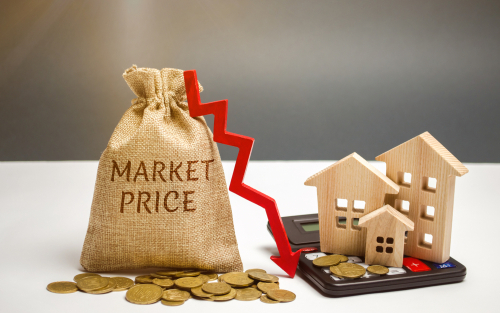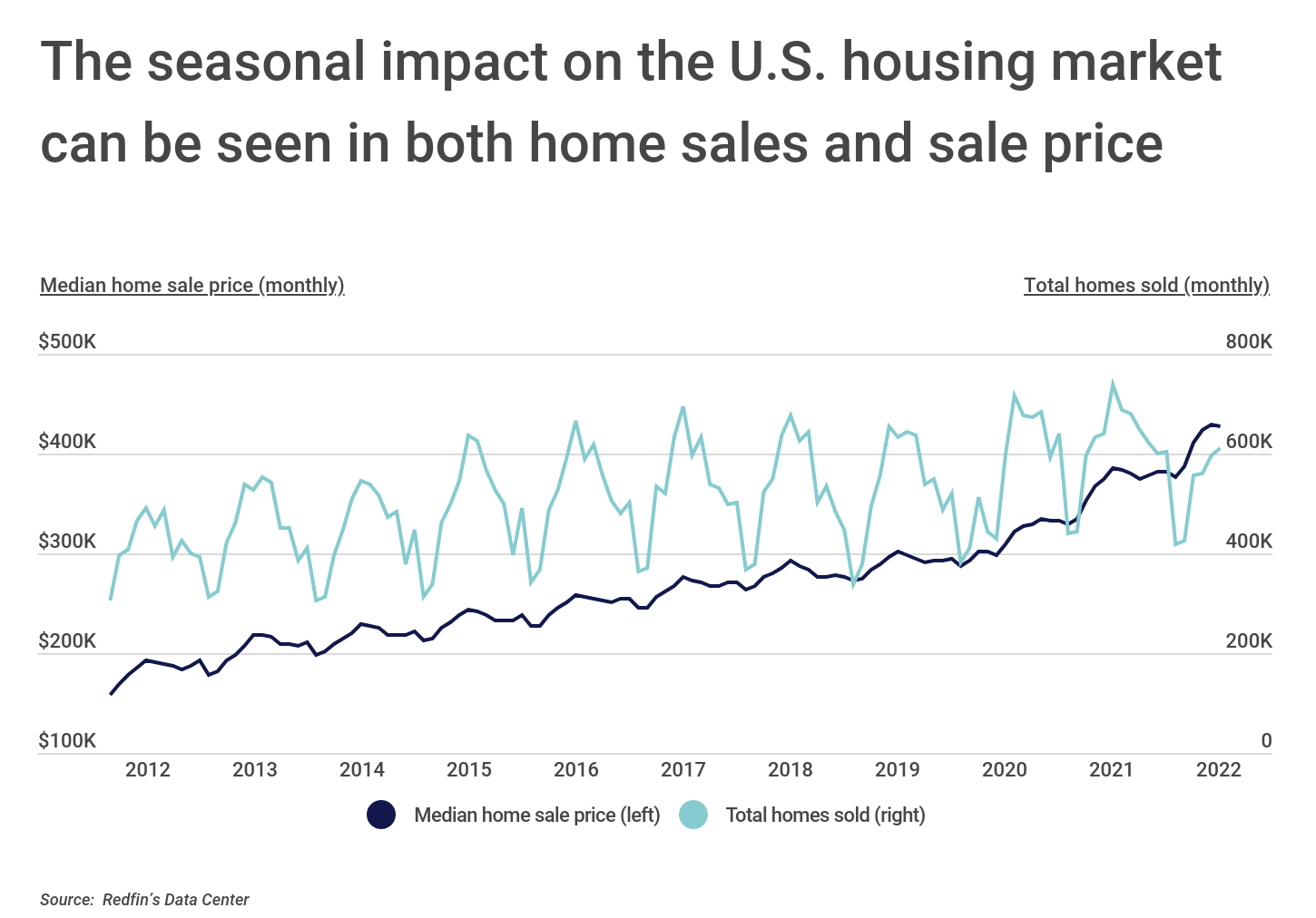Fed Governor Lael Brainard said on February 19 that the Fed is ready to raise interest rates in March and decide to start reducing its balance sheet at several future meetings. The president of the Chicago Fed also called for substantial policy adjustments.紧接着, JPMorgan Chase predicted that the Fed will raise interest rates nine consecutive times, each by 25 basis points, to curb high inflation. The upward trend of US market interest rates has become impossible to change. At the same time, the Fed’s return to monetary normalization is also imminent.
Under the overlapping influence of multiple factors such as the rise of the US’s counter-global economic measures, supply chain shortages, high inflation driven by oil prices putting pressure on the economy, the sharp increase in US bond yields (expensive financing costs, and price fluctuations will be indirectly passed on to all commodity assets including the housing market and US stocks), and debt deleveraging, the factors that have been beneficial to US house prices over the past two years due to the US’s massive money printing are gradually disappearing.
In this regard, veteran economist Desmond Lachman predicted in an interview with Nikkei Asia on February 15 that the US real estate market may collapse in 2022, and the asset price feast printed by the Fed will come to an abrupt end, because after inflation adjustment, US house prices are now higher than the level before the real estate bubble burst in 2008. Desmond Lachman, a senior fellow at the American Enterprise Institute and former deputy director of the International Monetary Fund, explained that last year, the US Treasury and the Fed caused a real estate price bubble by purchasing a large number of bonds and injecting trillions of dollars of liquidity. According to Lachman, “The trigger for the collapse of the US real estate market will be the increase in interest rates. The Fed is expected to introduce interest rates in March to curb soaring inflation. Therefore, once the Fed starts raising interest rates in an aggressive manner, there is a real risk of bursting the asset price bubble, which could push the US housing market into recession.”

The expectation that the Fed will soon start raising interest rates has already pushed up benchmark consumer loan interest rates. The Fed’s plan to reduce mortgage-backed bonds has also helped push up mortgage costs. On February 17, the most common 30-year fixed mortgage rate in the US has returned above 4% and is at a high point since 2019.
In particular, over the past two years, the average total house price of a house in the US in cities with an average house price of $1 million or more has doubled. According to the latest report released by Zillow and cited by Bloomberg on February 17, there are already 481 cities in the US where house prices exceed $1 million, which may cause the housing markets in these cities to experience long-term sluggish sales. The report said that overall house prices in the US rose by 19.6% last year. At the same time, the latest survey report from Team Blind also shows that currently, housing prices in Silicon Valley have completely gone out of control. Nearly 45% of Silicon Valley tech workers cannot afford to buy a house, even some young buyers with an annual salary of over $350,000. According to a report released by the National Association of Realtors (NAR) on February 21, in the case of rising house prices in the US, investors paying in cash are squeezing first-time homebuyers out of the market.

Senior economist Aaron Terrazas said that in the US housing market, the degree of house price inflation in some cities has exceeded the highest level during the subprime mortgage crisis in the US housing market a decade ago. The last US real estate bubble burst in 2008. The unprecedented growth of the subprime mortgage market led to the collapse of the stock market and the real estate market because lenders Fannie Mae and Freddie Mac provided housing loans to borrowers with low credit scores.